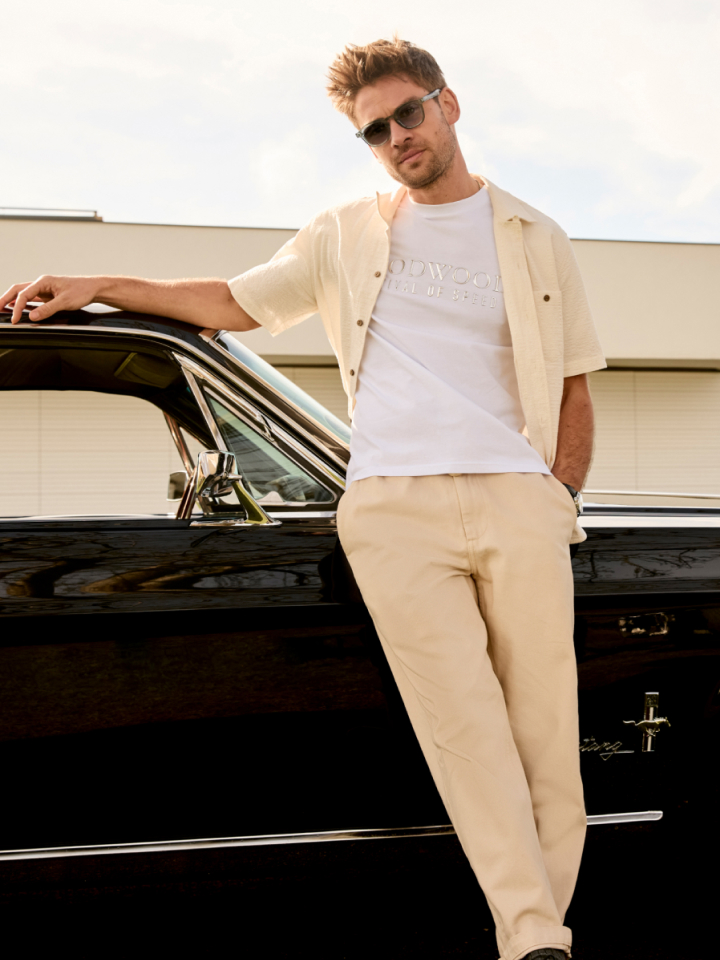Will Quartararo win MotoGP in 2021?
A 2021 season of compelling variety picked up speed on arrival in Europe, and immediately served up some unexpected results. Perhaps it is fairer to say it continued with them, because the opening rounds under desert floodlights in Qatar upset pre-season predictions.

Last year’s hit-or-miss Yamaha quite overcame its still-considerable top speed disadvantage to take two wins, first Vinales then Quartararo. Losail is one of five circuits with a straight longer than one kilometre, and Frenchman Johann Zarco used it to set a new maximum speed record of 225.1mph (faster, by the way, than a down-force-laden F1 car). The top Yamaha clocked just 217mph. The Ducatis could and frequently did just stroll by. But didn’t win either race.
MotoGP returned to Europe and Quartararo won again at Portimao, and seemed set to repeat the feat at Jerez, when he was stricken with arm-pump, the bike-racer’s curse. It handed victory to Jack Miller’s Ducati; and the same rider won again in a topsy-turvy rain-hit race at Le Mans. All three European tracks lack really fast sections, so they didn’t play to the Ducati’s greatest strength. But they won both races.

Then came round six at Mugello, with the longest (0.71 miles) straight of the year, and furthermore the Bologna-based Ducati’s test track, where the V4 Desmosedici has clocked up thousands of laps. And they’d won the last three races straight.
A Ducati victory seemed a given. A view reinforced by overhead camera views showing the desmos (two factory and two satellite 2021 bikes, and two older private-team bikes) surging past especially the Yamahas, Suzukis and Aprilias on the straight. Although not (the first disquieting note) the Austrian KTMs, one of which narrowly edged the top-speed charts.
The Ducati race triumph not happen. Instead Quartararo’s Yamaha took his fourth pole in a row with a new outright lap record, and then romped home for his third win, to extend his impressive early championship lead to 24 points, almost a full race in hand.
The numbers underline the surprise. In qualifying, current title runner-up Johann Zarco was the fastest of the Ducatis crowding the top of the list, at 223.7mph. (Binder’s KTM had obviously enjoyed a good slipstream to go 1.5mph faster, the other KTMs were further down).
Quartararo’s Yamaha – all the Yamahas – were significantly slower: the Frenchman’s best was just 217mph. The equivalent of a fair run, all the way down the long straight. And yes, after factory Ducati rider Bagnaia crashed out early, Zarco several times demonstrated how he could just ride past to reach turn one first. But then he would have to do it again next time… until finally he wasn’t close enough any more.
Later in the race, champion Joan Mir’s Suzuki, similarly down on top speed, took another podium place off the Ducati, underlining the proof of the simple truth about racing. Top speed is not everything.

But nor should it be nothing. Zarco set best lap of the race, second time round. The Ducati was far from sluggish. But Quartararo’s best was only two hundredths slower, and significantly came six laps later, by when Zarco’s pace had dropped by more than a second.
The Mugello difference came round the remainder of the 3.26-mile lap, a layout with no slow corners, which would give the Ducati a chance to fight back with its stronger acceleration and braking.
On those corners, the Yamaha and Suzuki were able to exploit their strong points: high mid-corner speed, achieved with better edge grip and sustained by an ability to be kinder to the tyres. The Japanese bikes could lap almost as fast as the Ducati, but could do so for longer.
The omens are good for Quartararo for the rest of the season, but there is another factor that will be playing on his mind. So far he has been consistently strong, but this might prove precarious.

Yamahas last year won more races than any other make, but with three different riders, and in between times those same riders tended to slump badly. The M1’s famous balance and predictability had deserted it. The bike was now on a knife-edge – good in some conditions, but falling off badly should they change. More puzzling still, the circumstances were different for different riders at different tracks. No consistency.
But something has happened to the Yamaha. It seems the M1 has regained its equanimity – at least for Quartararo, so far strong everywhere. Team-mate Vinales however won the first race, but has been erratic since then, while Rossi, on the same 2021 machine, has been struggling even to score points.
Changes to the Yamaha have been only in small details (for example a carbon-fibre rear swing-arm with a different stiffness ratio), but have resulted in a happy coincidence for Quartararo, who took over Rossi’s factory ride after a rapid rise to prominence in the satellite team.
His strong points as a rider – a smooth and accurate style – complement the bike’s strengths. He will be hard to beat this year. But it must be said, not impossible.
Images courtesy of Motorsport Images.
MotoGP
Maverick Vinales
Fabio Quartararo
Yamaha
MotoGP 2021































































